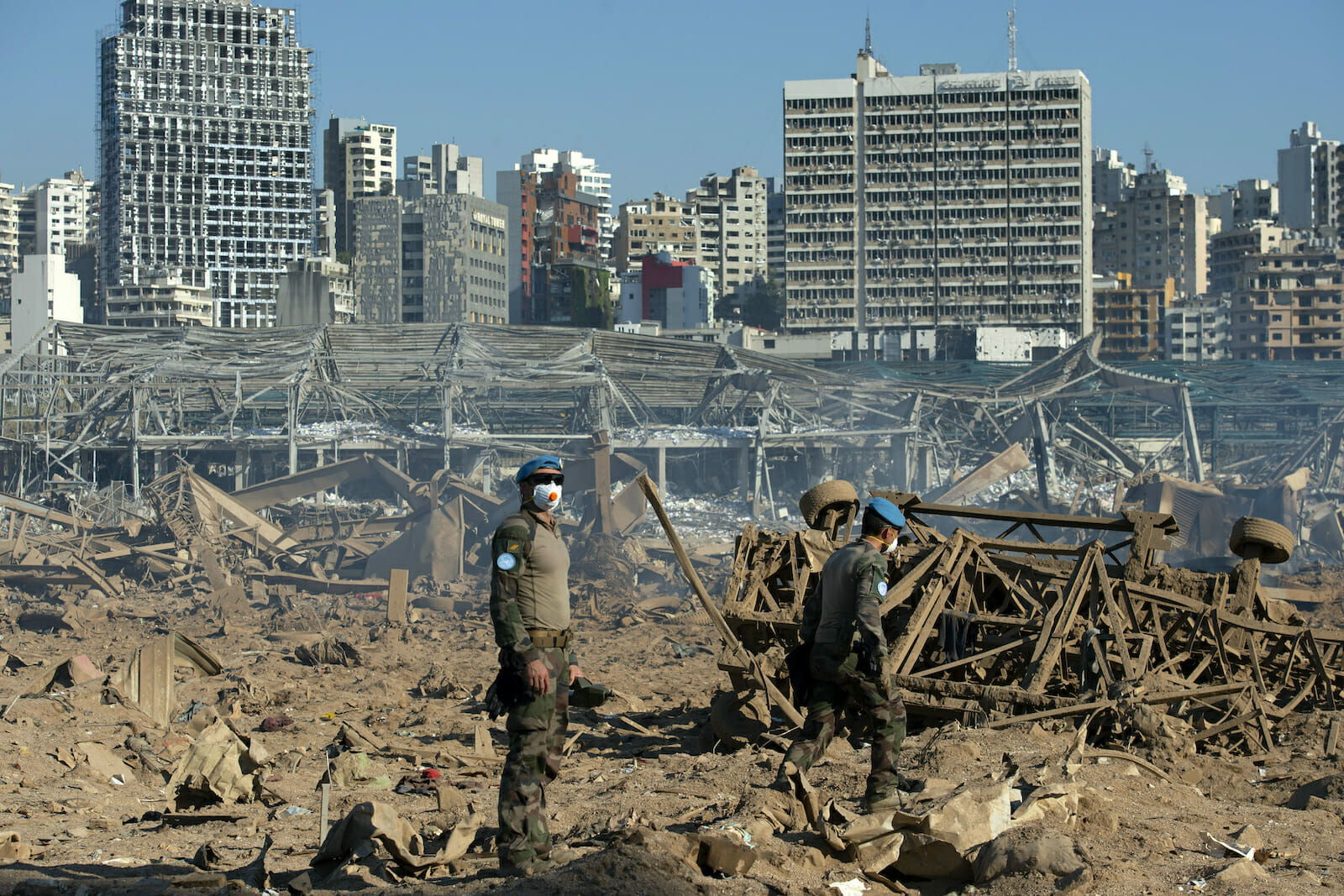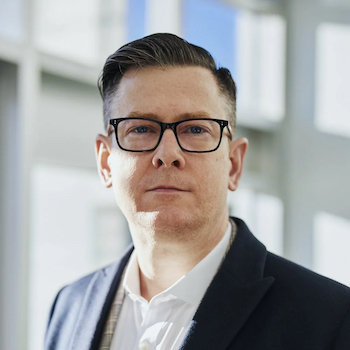
There can be no Rebirth of Lebanon with Hezbollah Present
The horrific aftermath of the Beirut port explosion is exposing just how badly Lebanon is being let down by its political system and the international community.
The country’s political system has enabled and encouraged Hezbollah, an internationally proscribed terrorist group, to seize control under the guise of a sectarian settlement, first enshrined into law when Lebanon declared independence in 1943 and modified under the Taif Agreement following the civil war. The facts are clear: Hezbollah remains the only armed sectarian group still active in Lebanon and it has used this force to usurp and corrupt the powers of an entire state to further its ambitions.
Removing Hezbollah’s influence is therefore the only way Lebanon can recover and build a stable future free from the corruption that has brought it to the brink of collapse. Disarming Hezbollah members and removing them from Lebanon’s body politic is a good place to start. Lebanese figures such as Bahaa Hariri, the son of former Prime Minister Rafic Hariri, are now calling for major constitutional reforms that “protect minorities and enshrines the rights and freedoms of the Lebanese people.”
Last week, the United States took the first steps – in the form of targeted sanctions – against former government ministers who had enabled Hezbollah at the expense of the Lebanese people. These sanctions are a strong start in what could be a transformative moment for Lebanon if, and only if, such actions go further. The Lebanese people need more sanctions on those individuals with links to the organization. The leadership from the U.S. needs to be followed up by other members of the international community that so far has been so badly lacking.
But sanctions alone are not going to solve Lebanon’s problems if Hezbollah is still able to manipulate the political landscape for its own ends. Let’s not forget, the system was created for the equal distribution of powers amongst competing sectarian factions. However, in reality, it is this system that now sees ministerial posts and government bodies – and the spoils of that power – divided up and handed out along sectarian lines. Despite repeated attempts to abolish political sectarianism, tangible progress has never been achieved.
Control of the Finance Ministry remains reserved for Shia groups. Hezbollah and its allies, therefore, retain total control of the allocation of government resources and contracts. Control of the Finance Ministry alone has enabled Hezbollah to amass enormous wealth to fund its illicit activities.
The current system is what is aiding and abetting Shia leaders stymieing the formation of a government under Mustapha Adib. People such as the Parliamentary Speaker Nabih Berri – another government position reserved for the Shia faction – refuse to relinquish control of the Finance Ministry to any other sectarian faction. A headache caused by this obstructive stance is that international aid is contingent on Lebanon sticking to France’s roadmap.
It is because corruption is so pervasive and endemic in Lebanon that Hezbollah has been able to take an entire country hostage through the manipulation of the political system. Successive governments have enabled it and Hezbollah has been appeased by the global community, who seem to be, if not content with the status quo, indifferent to it.
Anyone who has enabled or propagated the influence of Hezbollah must be held to account if Lebanon is to prosper. The country must be helped to develop a democratic and secular system that works for everyone, regardless of sectarian affiliations.
Lebanon was once referred to as the Paris of the Middle East and that mantle will not be regained until it is acknowledged that the current political system is broken.
